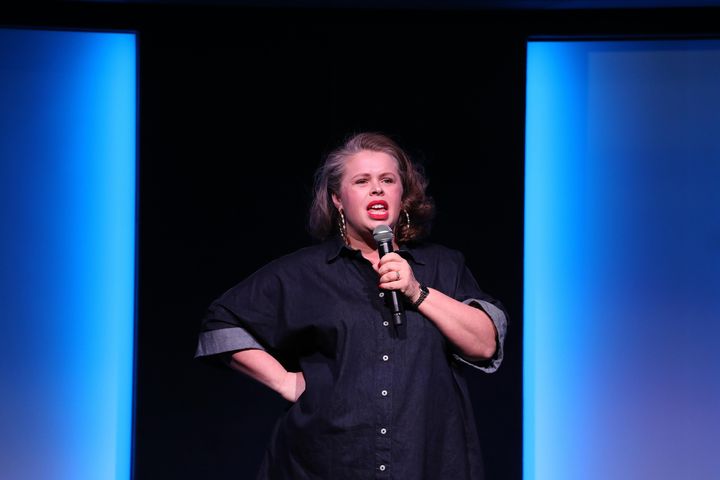Gwenda Darling, a 71-year-old Palawi woman living with frontotemporal dementia, says she became hypersexual following her diagnosis in 2011. Recently, the pendulum has swung the other way, and Darling says she’s become asexual. She says her evolving relationship with her sexuality is an important reminder that a dementia diagnosis doesn’t mean the same thing for any two people – and is ever-changing.
“My neural pathways around sexual desires may change in a month’s time ...

someday I might become interested again. But I don’t know that, I only know where I’m at today.” A member of the Aged Care Council of Elders, Victoria-based Darling is a passionate advocate for the rights of those like herself.
While she lives independently, Darling receives regular help from home care providers and often consults with residents in aged care. Gwenda Darling, a 71-year-old Palawi woman living with frontotemporal dementia, is passionate about the sexual rights of those living in aged care. Credit: Flavio Brancaleone Earlier this month, she spoke on a panel at the International Dementia Conference in Sydney about her experiences.
She says that residents in aged care are all too often shamed for exhibiting any affection or sexual desire. “It’s really important providers respect the rights of residents who wish to engage in sexual activities.” Loading An estimated 421,000 Australians live with dementia today, a number expected to increase to 812,500 by 2054, while 54 per cent of people living in permanent residential aged care live with the disease.
As the generational makeup of aged care homes shifts, so too will the expectations of residents. Baby Boomers, the oldest of whom are now 78, are from the generation that was at the forefront of the sexual revolution. “We were the era of free love,” says Darling.
“I think we would still be engaging in sexual relationships as we did 50, 60 years ago if we weren’t stopped.”.


















